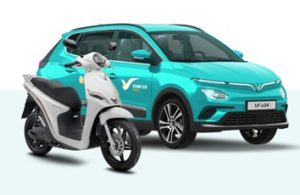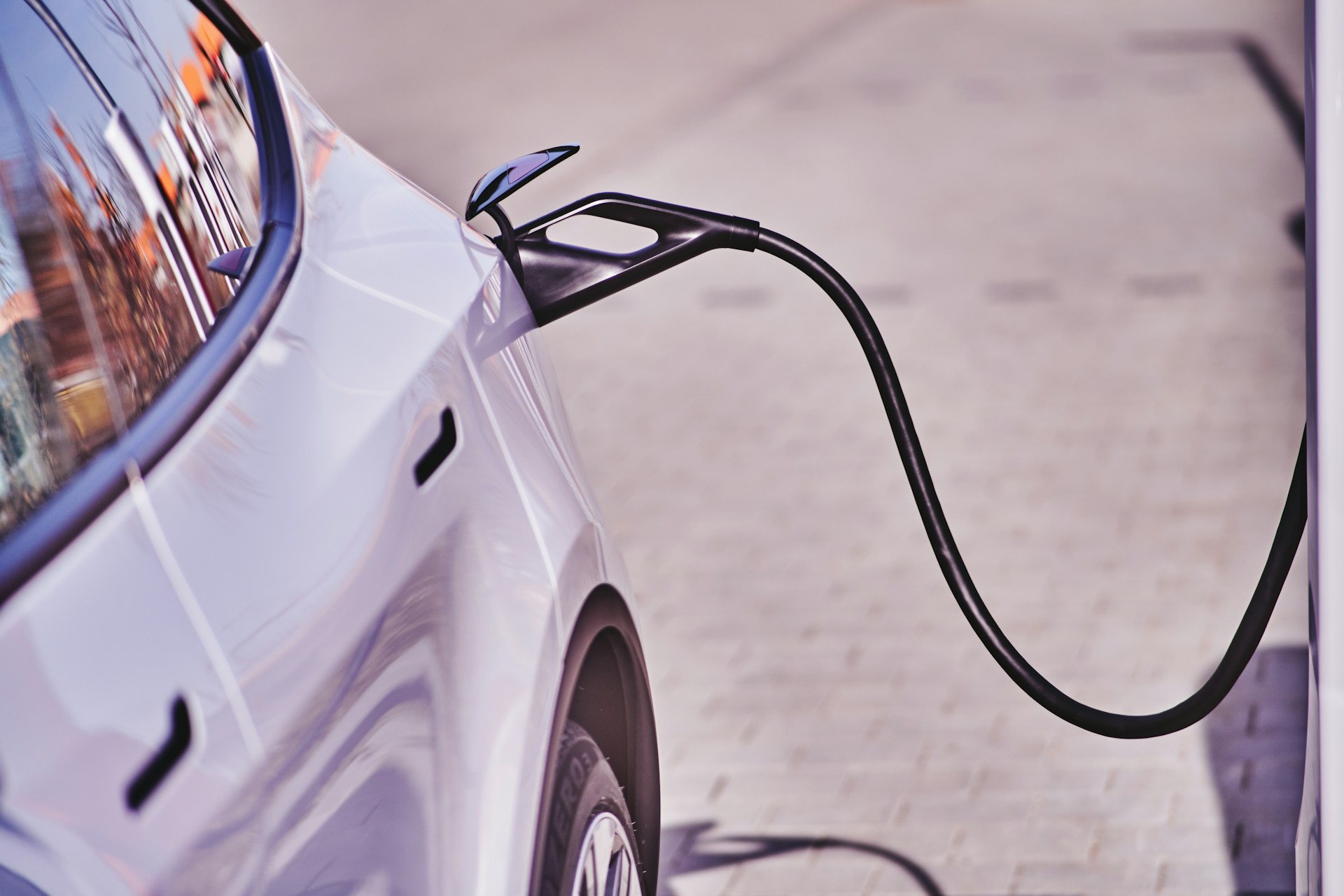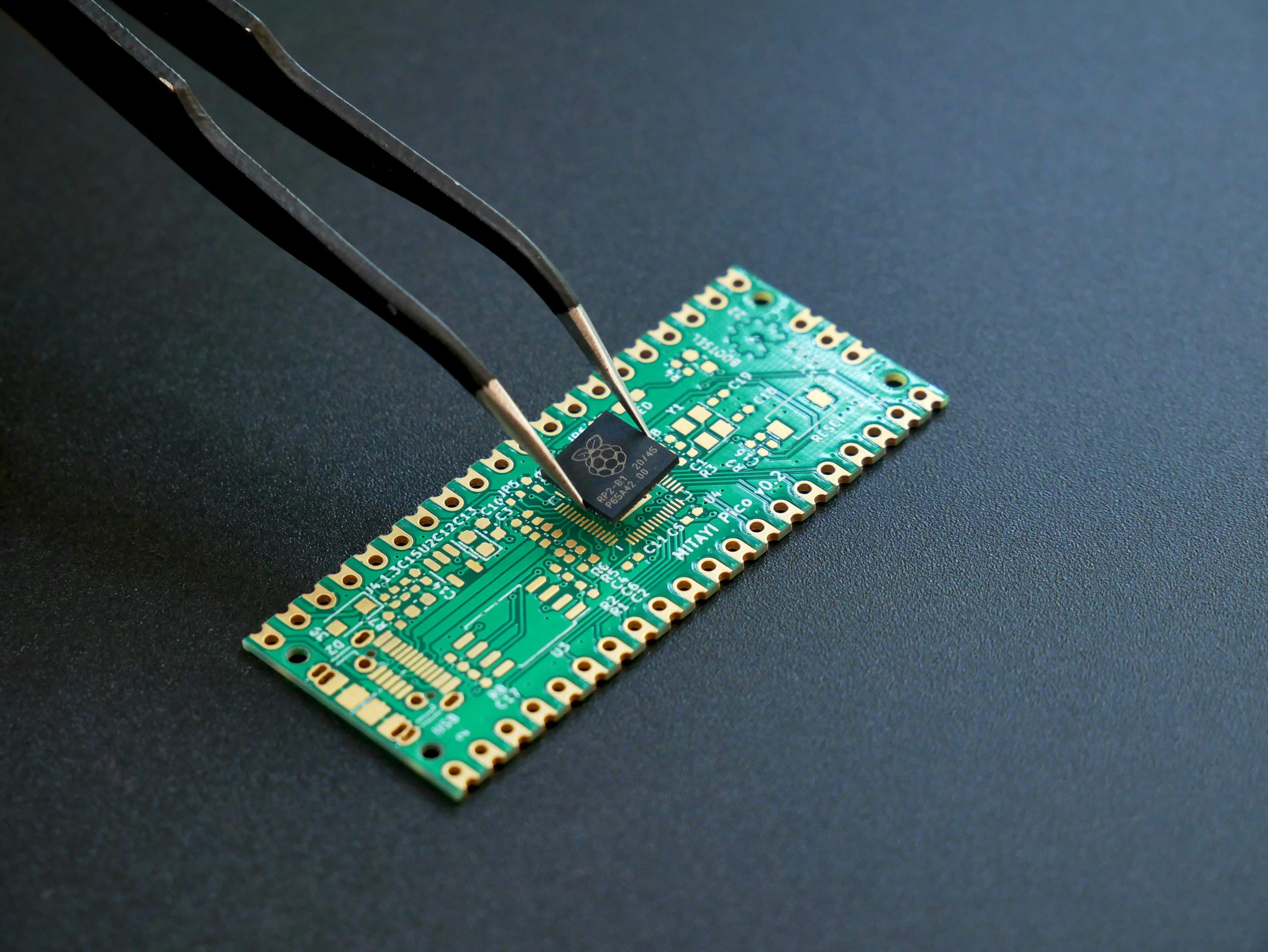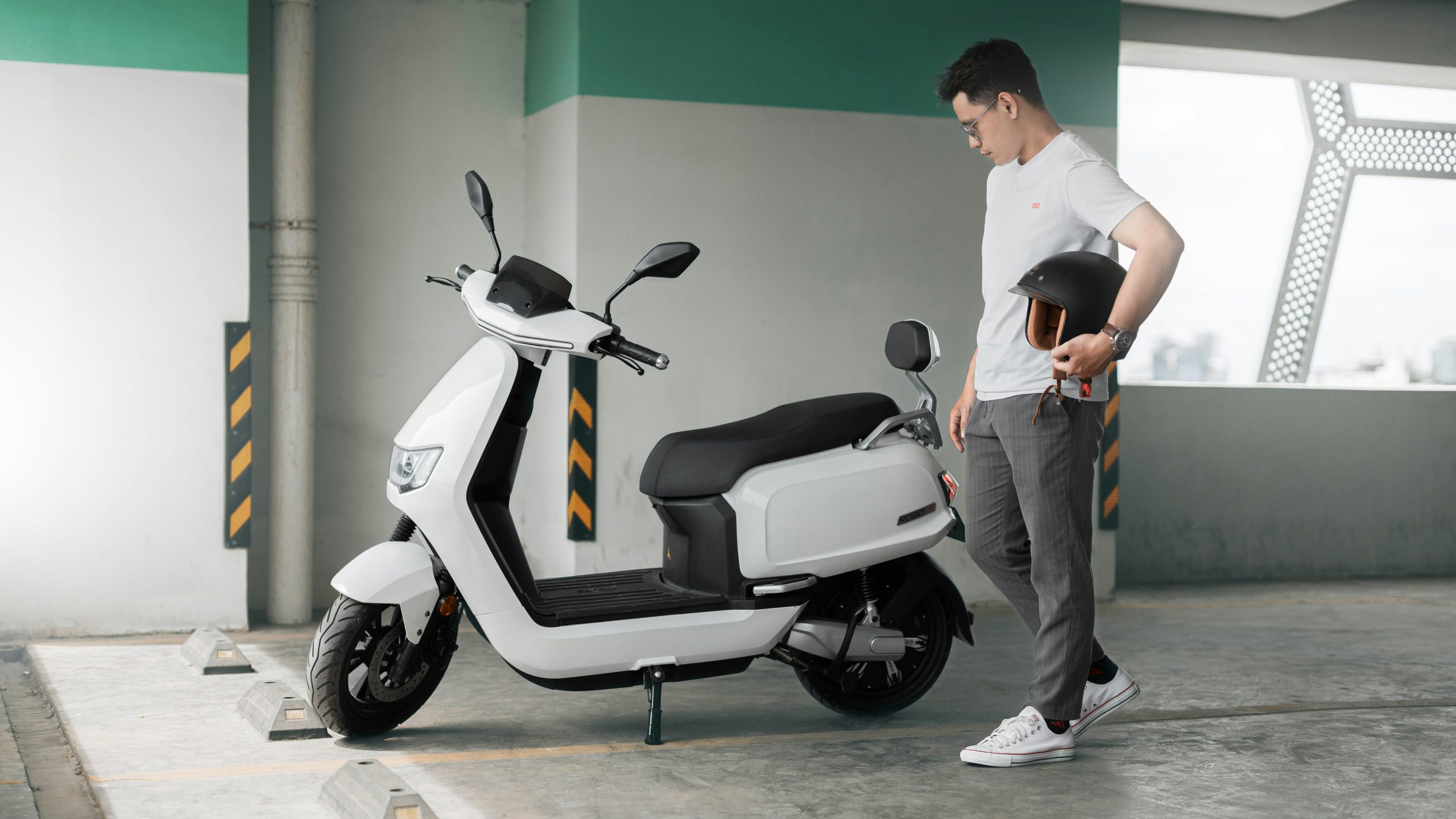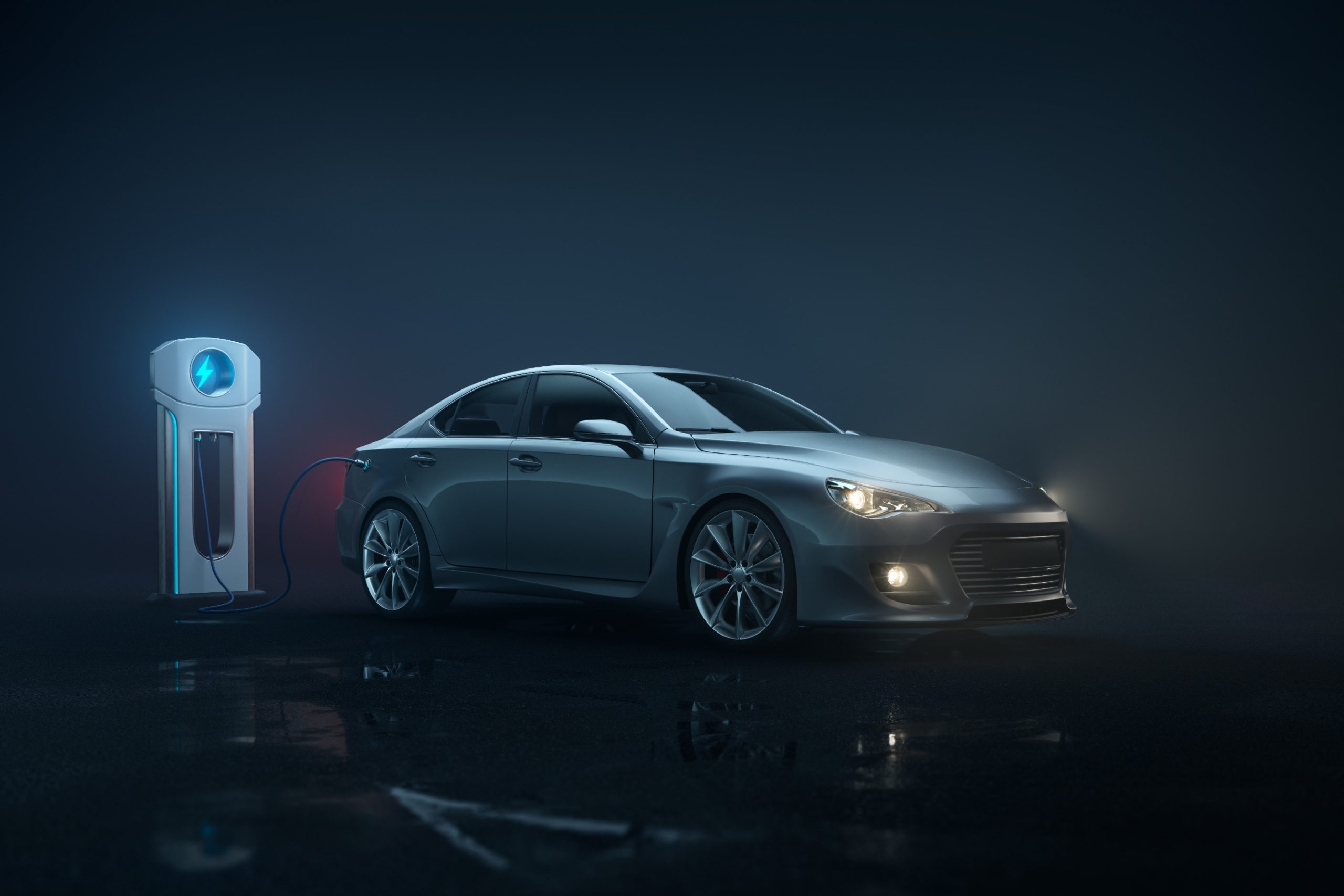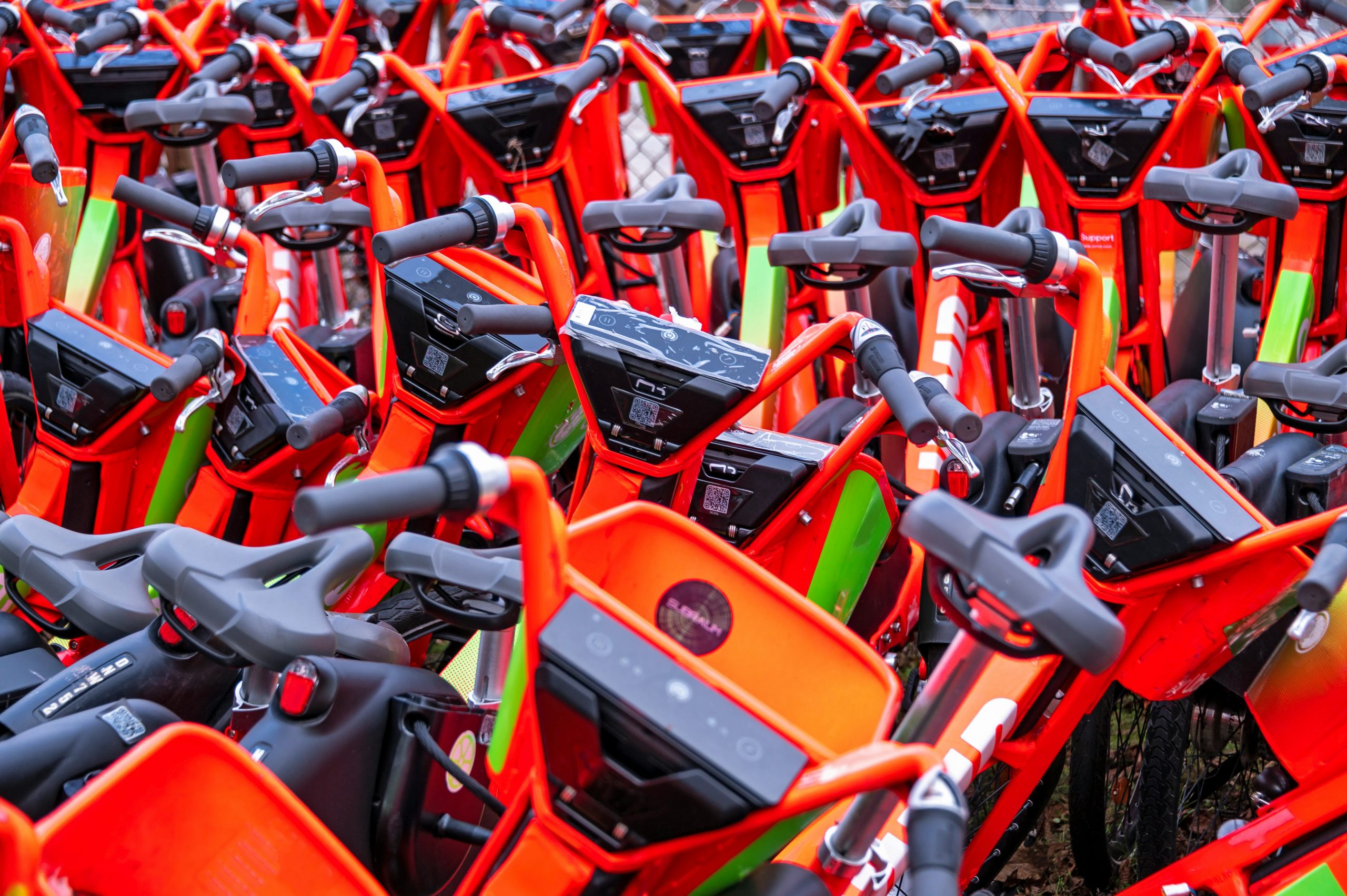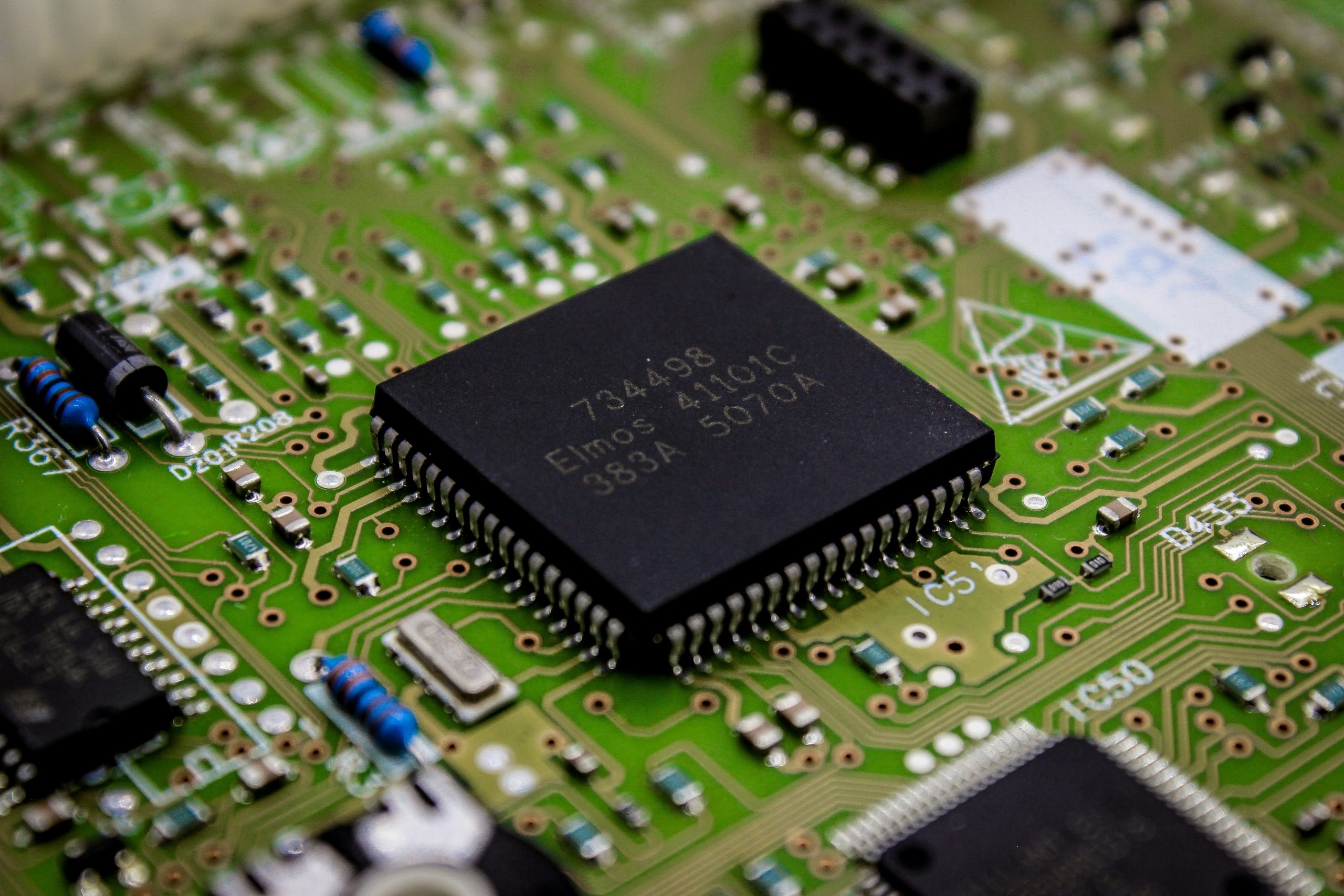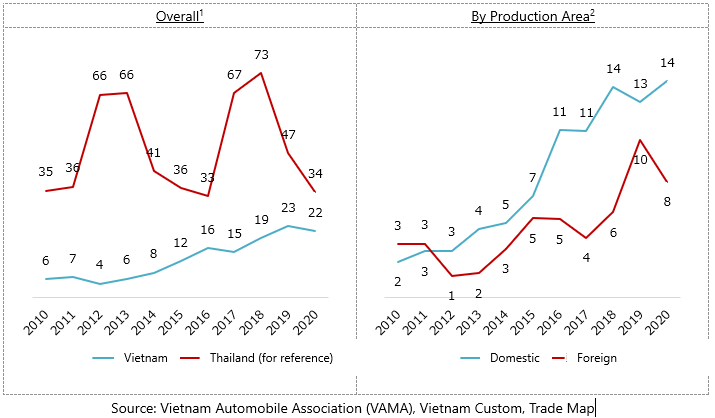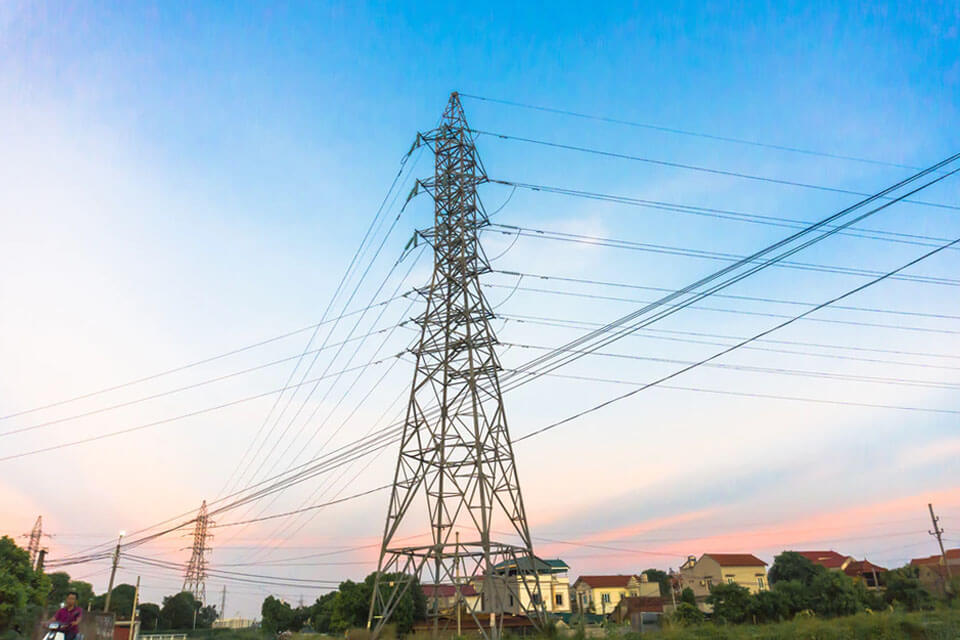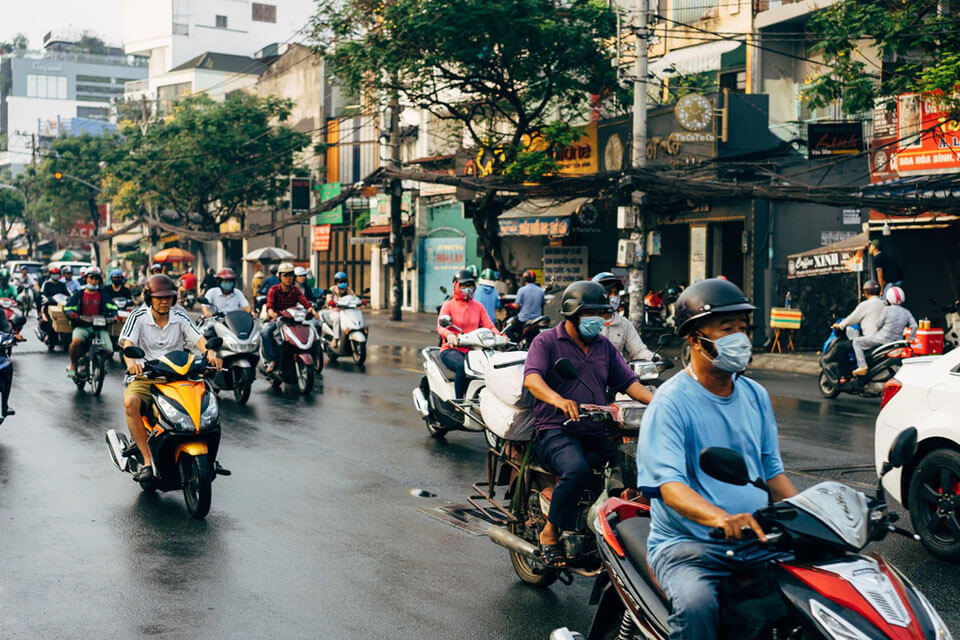베트남 전기 오토바이 시장 개요
베트남은 전통적인 가솔린 구동 오토바이에서 전기 대안으로 상당한 전환을 목격하고 있습니다. 베트남의 전기 오토바이 시장은 상당한 성장을 앞두고 있습니다. 산업무역부는 현재 2024년에 300만 대 이상의 전기 자전거와 전기 오토바이가 유통되고 있다고 보고했습니다. 이로 인해 베트남은 ASEAN 지역에서 가장 큰 전기 오토바이 시장이 되었고 중국에 이어 세계에서 두 번째로 큰 시장이 되었습니다.
이 시장의 성장은 정부의 격려와 베트남의 녹색 소비와 전환의 맥락에서 얻은 기회에 기인합니다.우선, 이 시장은 세금 인센티브와 보조금(예: 배터리로 구동되는 전기 자동차의 등록 수수료는 3년 동안 0%, 전기 자동차에 대한 특별 소비세는 1%-3%로 제한 등)과 지속적인 인프라 개선, 특히 충전 네트워크 개발과 같은 유리한 정부 정책의 조합으로 지원됩니다.둘째, 소비자가 친환경 제품과 서비스를 우선시하게 만든 "녹색 소비"의 인기가 커지면서 전기 오토바이에 대한 수요가 급증했습니다.셋째, 전기 오토바이 사용은 탄소 배출 감소와 청정 에너지 촉진에 중점을 두고 "녹색 전환 목표"를 달성하는 데 크게 기여할 것입니다.
"Xanh SM"은 전기 오토바이 시장의 발전을 형성하는 앞서 언급한 요인을 반영하는 뛰어난 사례 중 하나입니다. Green and Smart Mobility Joint Stock Company(GSM)가 운영하는 전기 자동차 대여 및 예약 서비스입니다. 이러한 서비스는 모든 시민에게 전기 자동차 사용 습관을 대중화하여 친환경 자동차의 편의성, 지능성 및 지속 가능성에 대한 대중의 인식을 높이는 것을 목표로 합니다.
Xanh SM. 출처: GSM 웹사이트
긍정적인 하이라이트가 몇 가지 있지만, 남은 과제도 있습니다. 전기 오토바이는 전통적인 가솔린 오토바이에 비해 초기 비용이 더 많이 드는 경우가 많기 때문에 일부 소비자, 특히 저소득 계층의 소비자에게 장벽이 될 수 있습니다. 또한 환경 의식이 높아지고 있음에도 불구하고 일부 소비자는 여전히 전기 오토바이의 이점에 대한 인식이 부족하여 채택을 촉진하기 위해 지속적인 교육과 마케팅 노력이 필요할 수 있습니다. 게다가 베트남의 잘 확립된 가솔린 오토바이 시장은 전기 오토바이 제조업체에 압박을 가할 수 있는데, 이는 시장 점유율을 놓고 경쟁하고 소비자 습관을 바꾸기 위해 노력하기 때문입니다.
주요 플레이어
베트남의 전기 오토바이 시장은 기존 기업과 신생 스타트업이 뒤섞인 것이 특징입니다. 베트남 대기업 Vingroup의 자회사인 VinFast는 국내 시장의 리더로 부상하여 전기 오토바이의 개발 및 제조에 많은 투자를 했습니다. Dat Bike, Pega, Yadea와 같은 다른 주목할 만한 업체는 다양한 고객 세그먼트에 맞는 고유한 기능과 디자인을 제공하여 시장의 다양성과 경쟁력에 기여합니다.
Vinfast와 Yadea 제품. 출처: Vinfast의 웹사이트 그리고 야데아 웹사이트
일본의 투자와 협력
일본의 투자와 협력은 베트남 전기 오토바이 시장의 녹색 전환을 주도하는 데 중요한 역할을 합니다. 몇몇 저명한 일본 기업이 베트남에서 강력한 입지를 구축하고 현지 기업과 협력하여 전기 오토바이를 개발하고 제조하고 있습니다. 예를 들어, 자동차 및 오토바이 산업의 글로벌 리더인 Honda는 베트남의 전기 오토바이 시장에 적극적으로 투자하여 베트남 파트너와 협력하여 새로운 모델을 개발하고 충전 인프라 네트워크를 확장했습니다. Yamaha는 또한 VinFast와 협력하여 Yamaha의 기술 전문성과 VinFast의 현지 시장 지식을 활용하여 고품질의 저렴한 전기 오토바이를 개발하고 제조하고 있습니다. 민간 부문 외에도 일본 정부는 "일본-베트남 환경 개선 프로젝트”는 베트남에서 지속 가능한 교통 수단을 장려하고 온실 가스 배출을 줄이는 것을 목표로 하며, 시장 성장에 있어 일본의 참여 중요성을 더욱 확고히 했습니다.
베트남 전기 오토바이 시장의 미래
이러한 과제에도 불구하고 베트남의 전기 오토바이 시장 전망은 여전히 긍정적입니다. 베트남이 지속 가능한 교통 수단을 계속 수용하고 녹색 전환 목표를 향해 노력함에 따라 전기 오토바이 시장은 앞으로 베트남의 교통 환경을 형성하는 데 중요한 역할을 할 준비가 되었습니다. 교통 부문의 녹색 에너지 전환 및 탄소 및 메탄 배출 감소 프로그램(결정 번호 876/QĐ-TTg)에 따르면 2050년까지 도로 자동차, 건설 차량 및 기계의 100%가 전기 및 녹색 에너지를 사용하도록 전환됩니다. 대중교통의 경우 2030년부터 최소 50%의 차량이 전기 및 녹색 에너지를 사용하고, 새로 투자 및 교체된 택시의 100%가 전기 및 녹색 에너지를 사용합니다. 2050년까지 버스와 택시의 100%가 전기 및 녹색 에너지를 사용합니다.
주식회사 비앤컴퍼니
| 주식회사 비앤컴퍼니
2008년부터 베트남에서 시장 조사를 전문으로 하는 최초의 일본 기업입니다. 업계 보고서, 업계 인터뷰, 소비자 설문 조사, 비즈니스 매칭을 포함한 광범위한 서비스를 제공합니다. 또한, 최근 베트남에서 900,000개 이상의 기업에 대한 데이터베이스를 개발하여 파트너를 검색하고 시장을 분석하는 데 사용할 수 있습니다. 문의사항이 있으시면 언제든지 문의해주세요. info@b-company.jp + (84) 28 3910 3913 |
다른 기사를 읽어보세요

